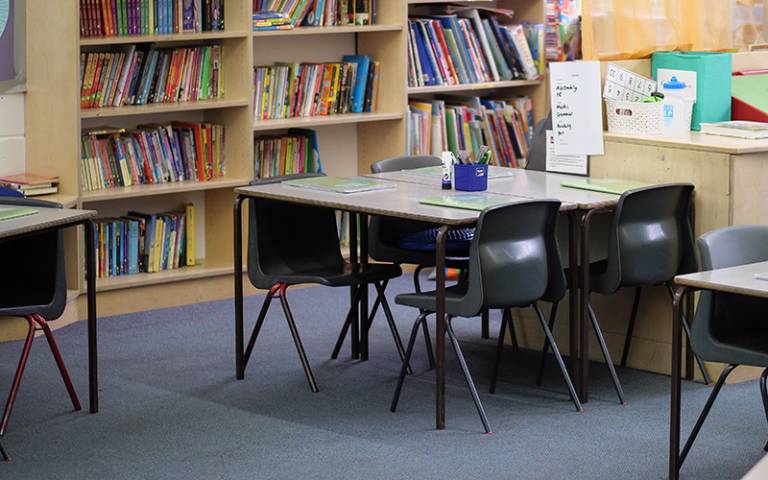Knowledge and the Curriculum in Ireland
A comparative analysis of national curriculum texts evaluating the role and place of knowledge in children’s education to inform the development of Ireland's new primary curriculum.

27 November 2020
Challenge
The challenge was to examine existing curricula and assess the place of knowledge to inform Ireland’s future primary curriculum. The review established three distinct curriculum categories/types: ‘knowledge-based’, ‘skills-oriented’, and ‘learner-centred’. The analysis focussed on curricula that were from jurisdictions (Australia, Canada, Hong-Kong and England) with: English as at least one of the predominant languages; high levels of ethnic diversity; and high PISA scores.
Solution
On the basis of the analyses of curricula in the given jurisdictions and their findings the team advised that policymakers could make an evidence-based claim that a learner-centred curriculum is appropriate.
The team concluded that there is a need to reach an appropriate balance between disciplinary knowledge specified by national curricula and the breadth of non-subject specific knowledge that learners can bring from, and have access to, outside school.
Impact and results
The research led to a published report, conference presentation, blog post, and peer reviewed academic paper (links below). The long-term impact of the consultancy activity is that we are still consulting on the review of the curriculum and are thus well placed to influence the nature of the national curriculum and the place of knowledge in it. We thus have the potential to impact every primary school child in Ireland, impacting millions of children and their future life chances.
The study has also encouraged and informed a research project (proposal to be submitted soon to a major funding body) aimed at investigating the impact of the national curriculum on children’s agency.
 Close
Close

